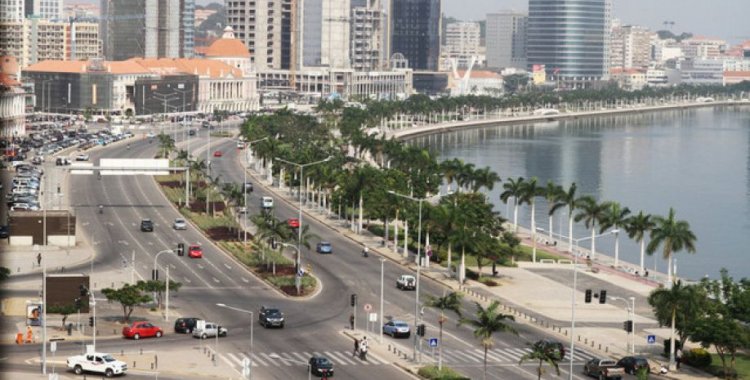"Our perspective on Angola's evolution has improved mainly due to a better estimate of external sector evolution, but Angola should not escape recession for the sixth consecutive year," analysts say, pointing to a forecast of a 0.45 percent drop in Gross Domestic Product this year.
According to the report that analyses the evolution in several African economies, sent to customers and to which Lusa had access, Standard Bank compares the estimated drop of 0.45 percent with the 0 percent growth predicted by the government for this year and writes that the contraction of 5.8 percent in the third quarter of 2020 should result in a drop of 5 percent in the total for 2020.
"The expected improvement in exports, in a context of recovery of the oil market, is likely to be insufficient to offset the negative impact of spending in Angola, in a year in which the pandemic is still causing an increase in unemployment," the analysts added.
The high double-digit inflation since July 2015, high unemployment of 34 percent in the third quarter of last year and the worsening of poverty, which affected 40.6 percent of the population in 2019, "will also not contribute to the increase in overall spending in the country.
Moreover, they add, "public spending in 2021 will remain constrained by prudent fiscal management to complete the IMF's financial support program, approved in December 2018," which expires at the end of this year.
The baseline scenario for the evolution of Angola's economy points to a slight recovery in 2022, which will again be cancelled in 2023 "if foreign direct investment does not increase significantly," analysts warn, pointing out that "the medium-term outlook for the country remains weak due to the maturation of oil fields, decline in production and slow progress in economic diversification, now aggravated by the impact of the pandemic.
The high burden of debt, above 100 percent, "is likely to impede any fiscal response to stimulate growth," they point out, concluding that IMF support has ensured "material progress in structural reforms, which has allowed for a positive assessment and the disbursement of another 1.5 billion dollars by the end of the year.







